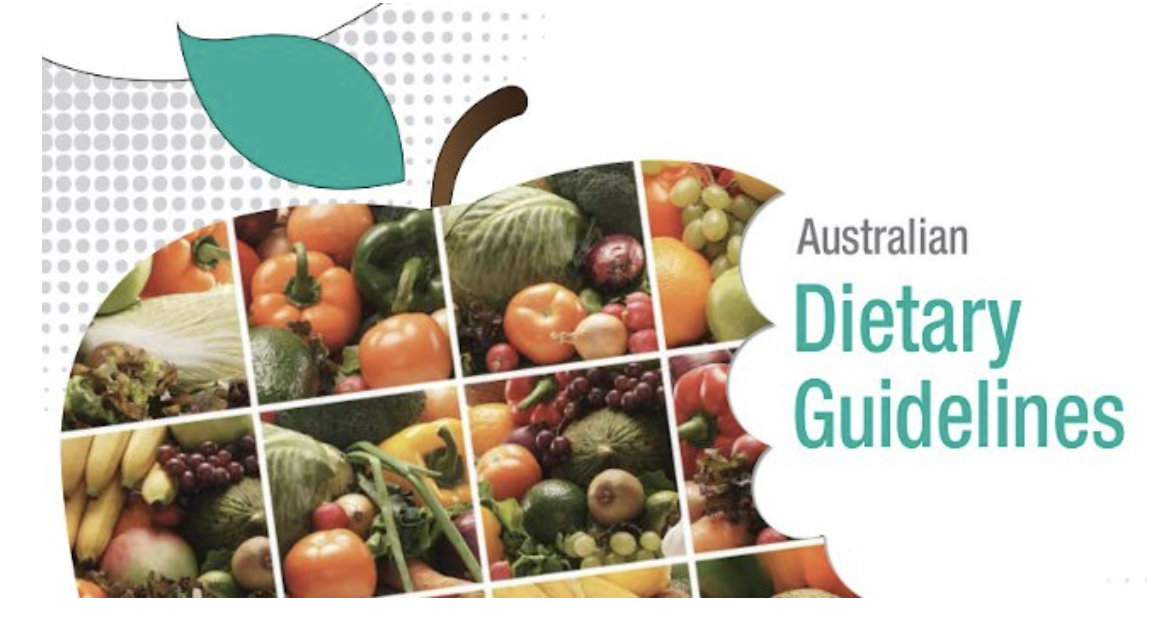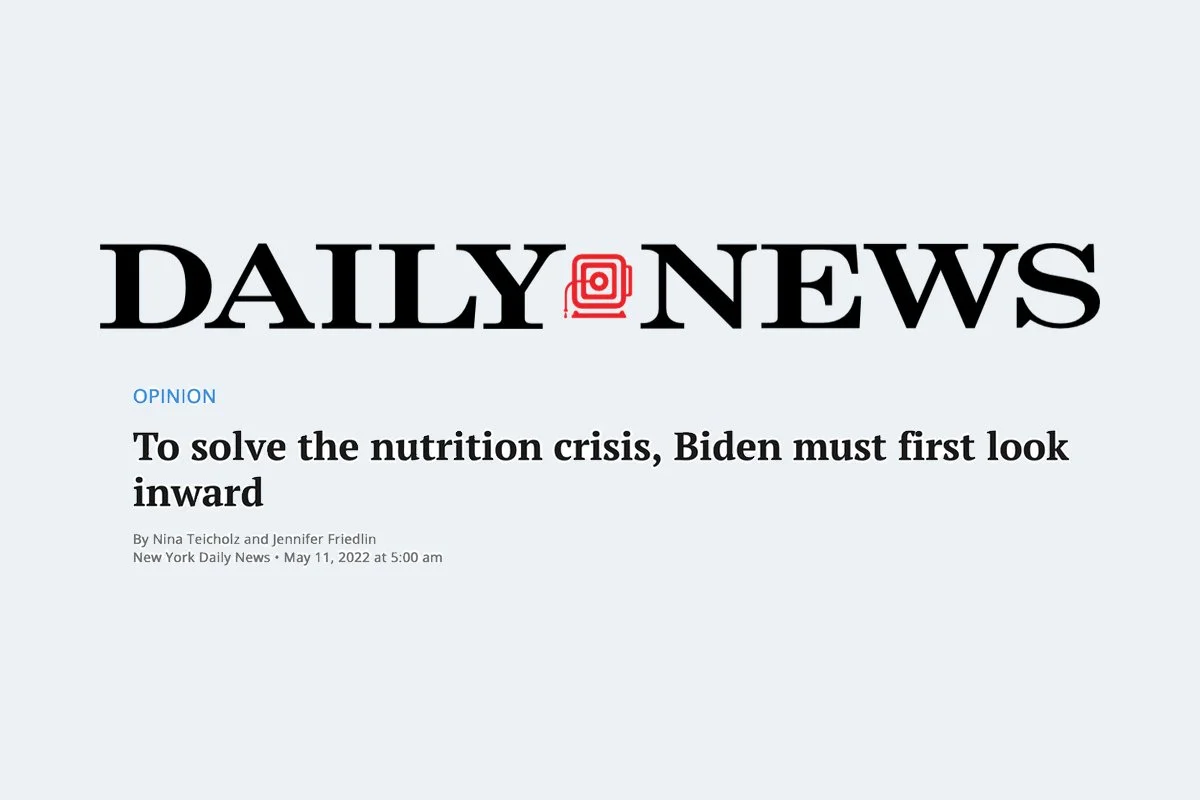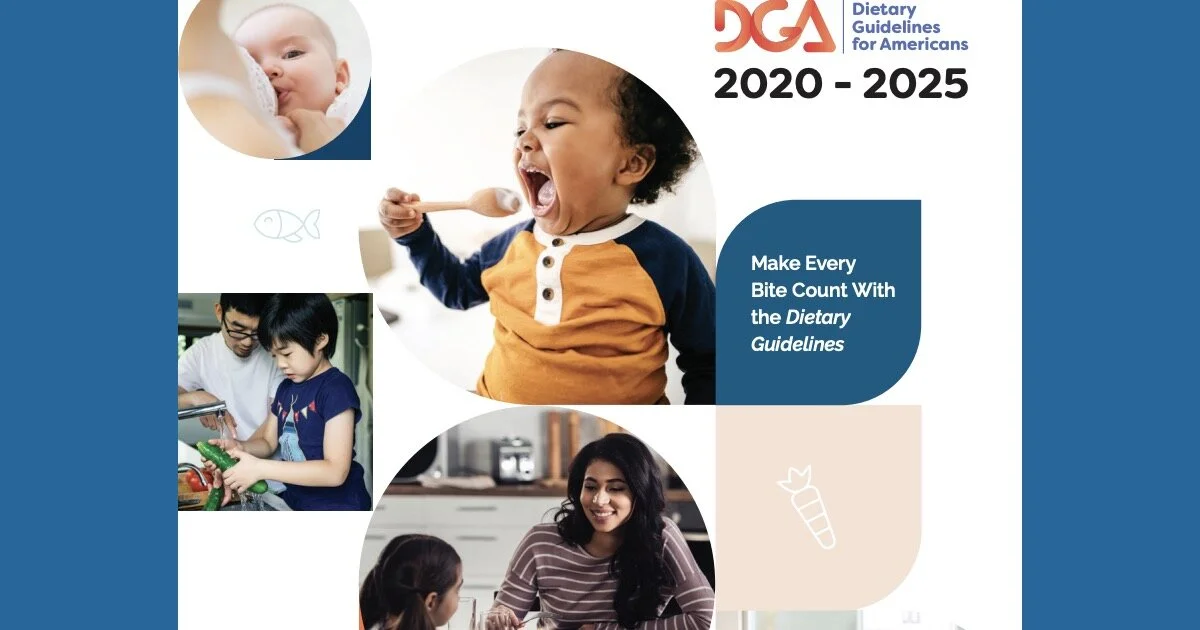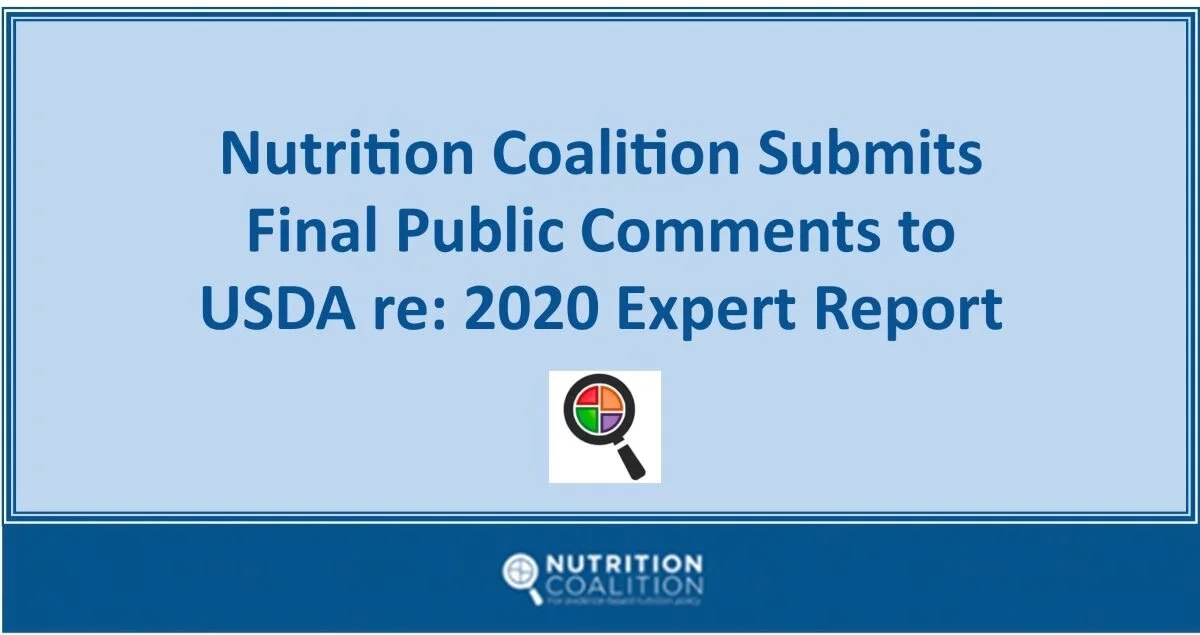New Conflicts of Interest Data on US Dietary Guidelines Committee
New data has been released related to a paper earlier this year which found that 95% of the members on the expert committee for the 2020 U.S. Dietary Guidelines had conflicts of interest with the food or pharmaceutical industries. Details on these ties, with individual company names and links for each committee member, are now available.
Dietary Guidelines are Unscientific, Outdated
Why do kids in public schools get served donuts and orange juice for breakfast, a meal guaranteed to send blood sugars soaring, rather than a sugar-free, protein-rich option, like scrambled eggs? The unfortunate answer is that the donut meal accords with our nation’s top nutrition policy, the U.S. Dietary Guidelines for Americans, which despite its influence has been found by a new study to contain outdated science and not reflect the “preponderance of scientific and medical knowledge,” as required by law.
Australian Dietary Guidelines Update - Business as Usual?
A review of the Australian Dietary Guidelines (ADG), launched in 2020, could be strongly incentivized to endorse the status quo.
Nutrition Coalition joins with Metabolic Health Practitioners for White House Conference Proposal
The Nutrition Coalition (TNC), together with the Society for Metabolic Health Practitioners (SMHP), today submitted a proposal to the White House Conference on Hunger, Nutrition, and Health.
Teicholz Reports: USDA Ignoring the Science on Low-Carb Diets
Here is the recent history showing that the U.S. Departments of Agriculture and Health and Human Services, the federal agencies that co-issue the Dietary Guidelines for Americans, have consistently and willfully ignored the large body of scientific literature on low-carbohydrate diets.
Dietary guidelines input focuses on low-carb, sustainability, food processing
The next version of the Dietary Guidelines for Americans needs to take a close look at the effectiveness of low-carb diets, most commenters told the federal agencies putting together the 2025-2030 DGA.
77% of Comments to USDA-HHS Call for Review of Low-Carb Science
Calls for a review of the science on low-carbohydrate diets dominated responses to the U.S. Departments of Agriculture and Health and Human Services (USDA-HHS), during a public comment period asking for feedback on the development of the science for the next Dietary Guidelines for Americans.
To Solve the Nutrition Crisis, Biden Must First Look Inward
If the White House wants to reduce the prevalence of diet-related diseases, it should follow the lead of the AHA and ADA and reevaluate the Dietary Guidelines for Americans to offer an alternative for the 50% of Americans with diabetes or prediabetes, not to mention other diet-related diseases.
Nutrition Coalition Mourns the Loss of Dr. Sarah Hallberg
Members of the Nutrition Coalition deeply mourn the loss of Dr. Sarah Hallberg, who served as the head of our group’s scientific council and was also a member of the governing board.
2020-2025 Dietary Guidelines Not Applicable for Majority of Americans; Not Scoped for 60% Of U.S. With at Least One Diet-Related Chronic Disease
The Nutrition Coalition (TNC) has worked to encourage that the US Dietary Guidelines for Americans (DGA) be evidence based and inclusive of all Americans. With the 9th iteration of the DGA released today, TNC remains concerned that this highly influential policy document addresses only a minority of Americans, excluding the 60% of the population, according to the CDC, diagnosed with one or more diet-related chronic disease.
Nutrition Coalition Submits Final Public Comments to USDA re: 2020 Expert Report
The Nutrition Coalition (TNC) submitted its public comments to the USDA regarding the final expert report by the 2020 Dietary Guidelines Advisory Committee. The 2020-2025 Dietary Guidelines for Americans, due out at the end of this year, will be based on this report.
Dietary Guidelines Advisory Committee Expert Report Based on Weak Science, Excludes a Majority of Americans
Following today’s release of the Dietary Guidelines Advisory Committee’s (DGAC) expert report, which will serve as the underpinning for the 2020-2025 Dietary Guidelines for Americans (DGA), the Nutrition Coalition, a non-profit group that aims to bring rigorous science to nutrition policy, urged the agencies overseeing the process, the U.S. Departments of Agriculture and Health and Human Services (USDA-HHS), to make important changes ahead of the release of the Guidelines in order to redress the significant problems with the expert report.
Limit on Saturated Fats is Unnecessary, says “State-of-the-Art Review” in Journal of American College of Cardiology
Leading Scientists, Including Former Members of USDA Dietary Guidelines Advisory Committees, Publish State-of-the-Art Review Finding Current Government Caps on Saturated Fats are No Longer Justified. Yet 2020 Dietary Guidelines Committee Insists Cap Should Stay Firmly in Place.
Draft Report of the 2020 Dietary Guidelines Advisory Committee Ignores Concerns, Continues Nutritionally Inadequate Advice based on Weak Evidence
The draft report presented at the final meeting of the 2020 Dietary Guidelines Advisory Committee (DGAC) on June 17 was yet another disappointment in the Dietary Guidelines for Americans (DGA) process. Despite numerous groups in recent weeks expressing profound concerns about the narrow scope of the Guidelines—including only healthy people—as well as a myriad of ways the process lacks scientific rigor and transparency, the DGAC made no attempt to address these issues.
Over 300 PhDs, Doctors and Other Healthcare Practitioners Urge USDA-HHS To Delay Dietary Guidelines Report & Address Allegations by Dietary Guidelines Advisory Committee Member(s)
Open Letter Requests Expert Report Delay to Ensure Adequate Time for a Thorough Investigation of Expert Committee Member(s)’ Allegations
Dietary Guidelines Experts Again Condemn Saturated Fats, Ignore Rigorous Evidence
This week, the USDA released its draft conclusions for the 2020 Dietary Guidelines for Americans (DGA), and the cap on saturated fats look likely to stay firmly in place, . The evidence linking saturated fats to heart disease was judged to be “strong,” not only for adults, but also, for the first time, children. These were the conclusions of the Subcommittee on Dietary Fats and Seafood, part of the larger DGA Advisory Committee.
A Low-Carb Strategy for Fighting the Pandemic’s Toll
Federal dietary guidelines don’t reflect the evidence that eating fewer carbohydrates can help to reduce obesity, diabetes and heart disease.
Is It Time To Quarantine Junk Food?
As we deliberate about the road to reopening society and search for drugs that could improve outcomes for the coronavirus, we should not miss the opportunity to talk about the conditions that have made Americans especially vulnerable to this pandemic: our poor state of health.
Reforming America’s One-Size-Fits-All Nutrition Policy to Include an Option for the 60% of Americans Diagnosed with Chronic Diseases Could Improve Resistance to Severe COVID-19 Complications
In response to a new CDC report showing that 90% of COVID-19 hospitalizations in the U.S. are patients with one or more underlying conditions, today the Nutrition Coalition, a group that aims to bring rigorous science to nutrition policy, called for reforms to the Dietary Guidelines for Americans—America’s official nutrition policy—to help improve metabolic health, which could better protect at-risk Americans from viruses including COVID-19.
Unbalanced, One-sided Subcommittee on Dietary Fats
Do saturated fats cause heart disease? This question has once again come under consideration by the Dietary Guidelines Advisory committee (DGAC), an expert group appointed every five years to update the science for the nation’s most important nutrition policy, the Dietary Guidelines for Americans (DGA).


















